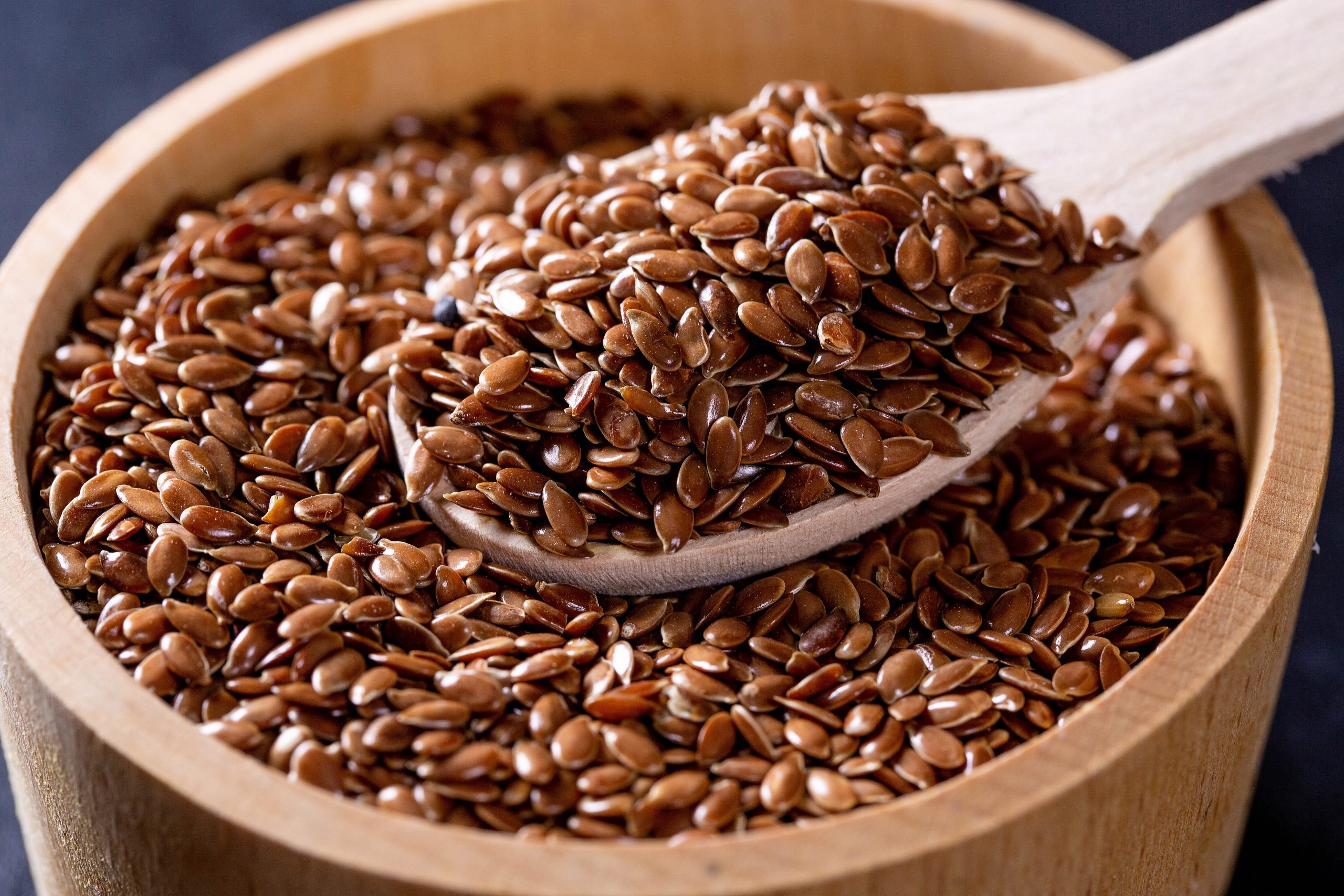
Introduction: Have you ever felt like your body is speaking a language you can’t decipher? Welcome to the world of hormonal imbalances, where mood swings and physical discomforts are frequent visitors. But what if I told you that the secret to harmony lies in nature’s lap, hidden within the unassuming seeds of flax and the delicate evening primrose flower?
Understanding Hormonal Imbalance:
Hormonal imbalance isn’t just about feeling off-kilter; it’s a symphony of missed notes – from irregular periods and sleepless nights to unexplained weight gain and skin issues. And while hormonal fluctuations are a natural part of life, especially for women, the modern lifestyle has tipped these delicate scales.
The Power of Flaxseed in Hormonal Health:
History and Cultivation:
Flaxseed, known as Linum usitatissimum, has been a trusted companion of women through the ages. Cultivated in the lush fields of Canada and North Dakota, this tiny seed is a powerhouse of hormonal balance.
Benefits:
Rich in phytoestrogens, particularly lignans, flaxseed mimics estrogen in the body, providing a balancing act for those struggling with estrogen dominance. This natural remedy doesn’t just soothe symptoms of PMS and menopause but also plays a vital role in maintaining thyroid health, reducing the risk of fibroids, and even boosting fertility.
Impact on Health:
Flaxseed’s benefits extend to cardiovascular health, lowering bad cholesterol, and improving insulin sensitivity. It’s a holistic approach to wellness, touching every aspect of a woman’s health.
Evening Primrose Oil – A Hormonal Harmony Agent:
From Flower to Oil:
Evening primrose oil, a golden elixir extracted from the seeds of the Oenothera biennis plant, has long been used by Native Americans for food and medicine. Today, it stands as a beacon of hope for hormonal balance.
Benefits:
This oil is laden with omega-6 fatty acids, including GLA, which supports hormonal function and eases the pains of PMS and menopause. It’s not just about internal health; evening primrose oil is a boon for skin, fighting conditions like eczema and acne, and even improving bone health.
Dosage and Side Effects:
While evening primrose oil is generally safe, it’s essential to find the right balance. The recommended dosage varies, but a good rule of thumb is 1-6 grams daily. Be mindful, though, as excess omega-6 can lead to complications like inflammation and high blood pressure.
Nutritious and Therapeutic Recipes:
Let’s get practical! Integrating flaxseed into your diet can be as simple as sprinkling it over your morning yogurt or blending it into smoothies. Evening primrose oil, while not typically used in cooking, can be taken in capsule form or applied topically for skin benefits.
Integrating into Daily Life:
Consistency is key when it comes to natural remedies. Incorporate flaxseed into your daily meals and take evening primrose oil as part of your routine for the best results. Remember, nature’s remedies are not instant fixes but gradual harmonizers.
Precautions and Recommendations:
Always listen to your body and consult with a healthcare provider before introducing new supplements. While flaxseed and evening primrose oil are generally safe, they’re not one-size-fits-all solutions.
Conclusion:
In the intricate dance of hormones, flaxseed and evening primrose oil are your graceful partners, leading you back to balance and well-being. So, here’s to embracing the natural rhythms of your body with the gentle power of nature!
Call to Action:
Have you tried these natural wonders in your journey towards hormonal balance? Share your stories and recipes in the comments below and join the conversation!
FAQs for “Balancing Hormones Naturally: Flaxseed and Evening Primrose Recipes”
- How do flaxseed and evening primrose oil balance hormones? Flaxseed contains phytoestrogens, which mimic estrogen in the body, helping to balance hormones. Evening primrose oil is rich in gamma-linolenic acid (GLA), which supports overall hormonal function and can alleviate symptoms of PMS and menopause.
- Can men use flaxseed and evening primrose oil for health benefits? Absolutely! While these natural remedies are often highlighted for their benefits in women’s hormonal health, men can also benefit from their anti-inflammatory properties and cardiovascular health benefits.
- What are the best ways to incorporate flaxseed into my diet? Flaxseed is incredibly versatile. You can add ground flaxseed to smoothies, sprinkle it on salads or yogurt, or use it as an ingredient in baking for an extra health boost.
- Are there any specific conditions where evening primrose oil is particularly effective? Evening primrose oil is known for its effectiveness in reducing the pain associated with PMS and menopause. It’s also beneficial for skin conditions like eczema and can improve bone health.
- How long does it take to see the effects of using these natural remedies? The effects can vary depending on the individual and the condition being treated. Generally, it might take a few weeks to a few months of consistent use to notice significant changes.
- Can flaxseed and evening primrose oil help with skin conditions? Yes, they can. Flaxseed’s anti-inflammatory properties can benefit skin health, while evening primrose oil is known for improving chronic skin complaints like eczema and acne.
- What is the recommended dosage for evening primrose oil? The dosage can vary, but a general recommendation is between one and six grams daily, usually split into two or three doses. It’s best to start with a lower dose and adjust as needed.
- Are there any side effects of flaxseed and evening primrose oil? These natural remedies are generally safe, but excessive consumption can lead to minor side effects. For flaxseed, this can include bloating or gastrointestinal discomfort, and for evening primrose oil, it can include headache or upset stomach.
- Can flaxseed and evening primrose oil improve fertility? Yes, they can contribute to improved fertility. Flaxseed helps in balancing hormones and evening primrose oil increases cervical mucus, both of which can create a favorable environment for conception.
- Is it safe to use flaxseed and evening primrose oil during pregnancy? While they offer many health benefits, it’s crucial to consult with a healthcare provider before using flaxseed and evening primrose oil during pregnancy, as they can have hormonal effects.
Blog Tags
hormonal balance, natural remedies, flaxseed benefits, evening primrose oil, women’s health, PMS relief, menopause support, dietary supplements, skin health, natural wellness









